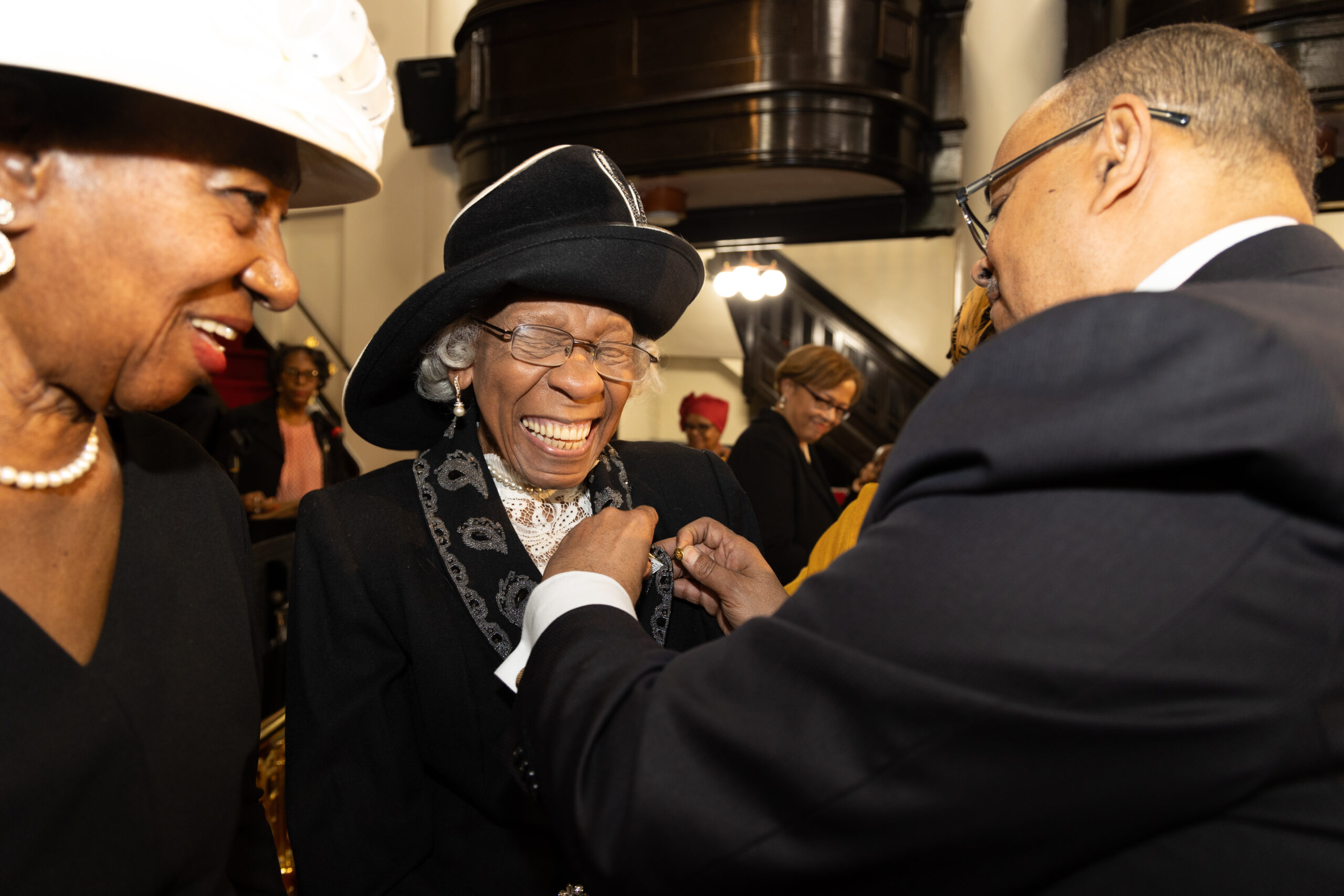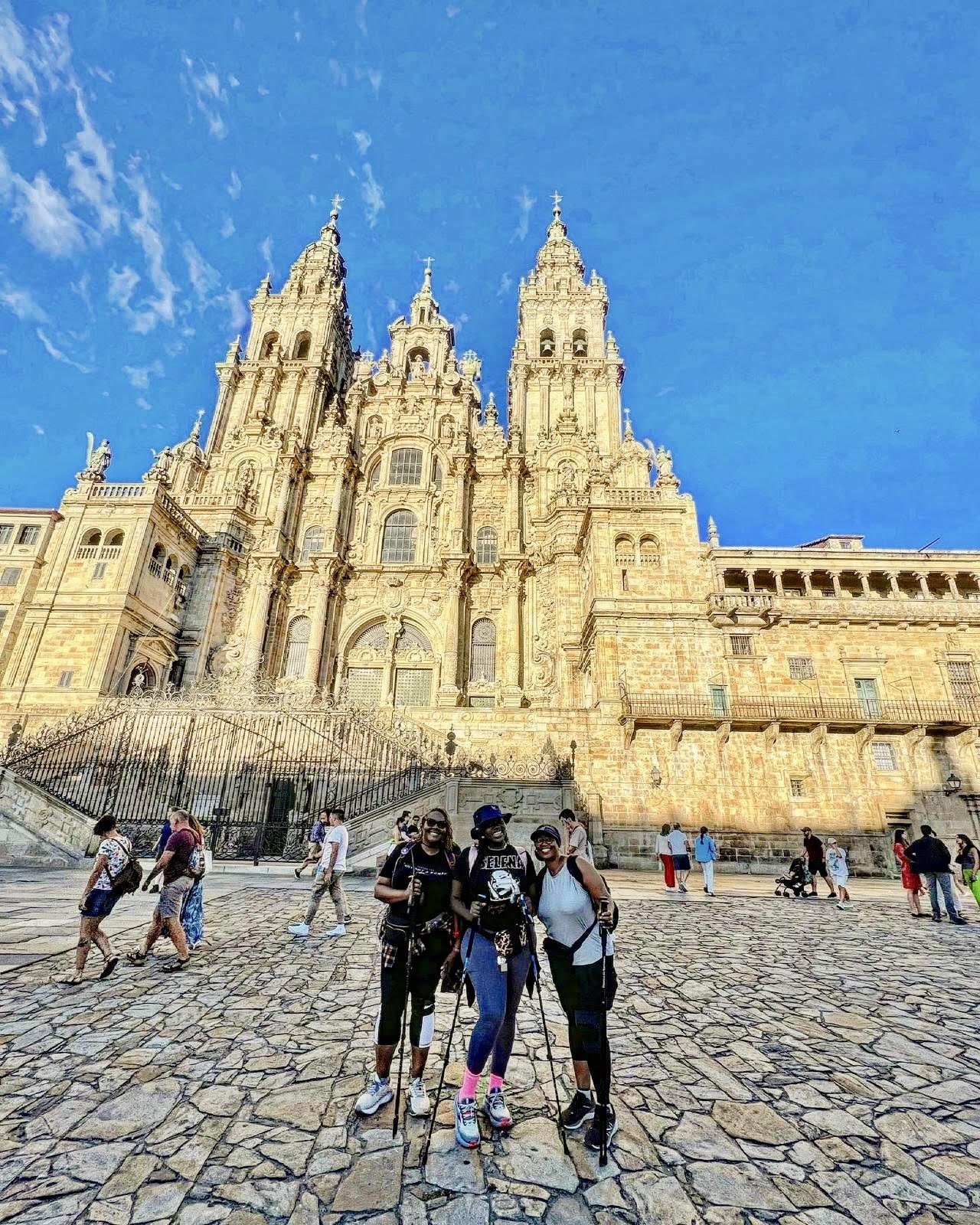The Persistence of Love
By Jennifer P. Sims, Ph.D., Contributing Writer
My grandmother has dementia. She no longer remembers me; so when I visit her, she repeatedly asks me “Who are you?” The first time this happened about a year ago it broke my heart. I thought, “What a cruel disease to make her forget her own granddaughter!” Today however, after the back-to-back murders of black men by white cops in Louisiana and Minnesota last summer, after a fall and winter that saw an increase in hate crimes, and after a spring that revealed plans for new laws that could literally spell death for many Americans, I think about her dementia a little differently. Looking at my pre-school age daughter, I wonder how many more times in her lifetime she will point to the TV and ask “Who is that?” and be told the name of a black man shot by police, a transwoman beaten by her peers, or a Muslim child orphaned by US bombs. It dawned on me that my grandmother has not just forgotten me, she’s also forgotten 80 years of brutality and oppression.
She doesn’t remember any of the lynching victims her small South Carolina church prayed for during her youth. She doesn’t remember Emmitt Till. She was 21 when he was killed and the image of his mutilated body in his open casket is no longer painfully seared in her mind. Due to her dementia, my grandmother also doesn’t remember the feelings of outrage when Till’s murderers walked free nor was she upset all over again earlier this year when new information revealed that the white woman he supposedly flirted with had lied about the encounter. Grandma doesn’t remember blacks getting blasted with fire hoses or bitten by police dogs for demanding humane treatment in the 1960s and 1970s nor does she remember the corporate-sponsored prison boom that enriched white men by incarcerating minorities in the 1980s and 1990s. She doesn’t know Trayvon Martin’s name or Sandra Bland or Richard Collins, III. She doesn’t know that funding for our children’s education is in jeopardy, our leaders are turning a blind eye to the destruction of our planet, or veterans are being killed on public transit for protecting citizens from apoplectic white supremacists.
Setting aside the actual biomedical explanation for dementia, it comforts me to think that one day our brains may simply say, “You’ve seen enough pain and misery, so I’ll take it away and leave you with something sweeter.” Here is all that my grandmother remembers: She remembers that her mother and father loved her. She remembers that she has a daughter who she loves more than anything. She doesn’t believe that the 60-year-old woman brushing her hair is that same little girl but she knows that she has a little girl. She knows that she has a loving husband, siblings, nieces, and nephews though she worries because she often cannot remember where they are. She also remembers her God and her faith. When she is upset my mother can start saying The Lord’s Prayer aloud and soon Grandma will join in and be comforted by His loving words.
At least in my grandmother’s case, the one thing that dementia did not take away is love. Given everything that is going on right now, it is nice to be reminded that in addition to being patient, kind, and hopeful, love—above all—perseveres and never fails.
Jennifer P. Sims, Ph.D., is a sociologist specializing in the ways persons of mixed-race navigate societies. She has published several academic articles and edited volumes. Dr. Sims is an Assistant Professor at the University of Alabama-Huntsville.





